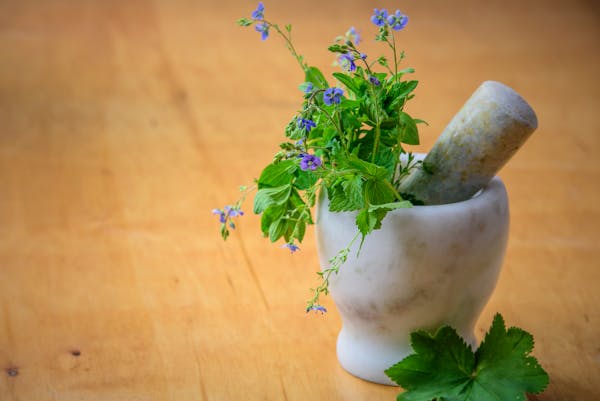He gains moral and strength by perfecting friendliness and othervirtues towards one and all.
Verse 3.23
सोपक्रमं निरुपक्रमं च कर्म तत्संयमातपरान्तज्ञानम् अरिष्टेभ्यो वा
sopa-kramaṁ nirupa-kramaṁ ca karma tatsaṁyamāt-aparāntajñānam ariṣṭebhyo vā ॥23॥
Karma is of two kinds, soon to be fructified, and late to be fructified. By making Samyama on that, or by the signs called Aristha, portents, the Yogis know the exact time of separation from their bodies.
Verse 3.24
मैत्र्यदिषु बलानि
maitry-adiṣu balāni ॥24॥
He gains moral and strength by perfecting friendliness and other
virtues towards one and all.
When the Yogi makes a Samyama on his own Karma, upon those impressions in his mind which are now working, and those which are just waiting to work, he knows exactly by those that are waiting when his body will fall.
He knows when he will die, at what hour, even at what minute. The Hindus think very much of that knowledge or consciousness of the nearness of death, because it is taught in the Gita that the thoughts at the moment of departure are great powers in determining the next life.
The yogi who perfects friendliness, compassion and benevolence, and who regards things impartially without becoming involved, keeps his consciousness free of desire, anger, greed, lust, pride and envy.
With his mind cleansed of such weaknesses, an amiability evolves which spreads happiness to all.
His equipoise of mind creates a graceful disposition of heart.
PATANJALI YOGA SUTRAS
















No comments:
Post a Comment